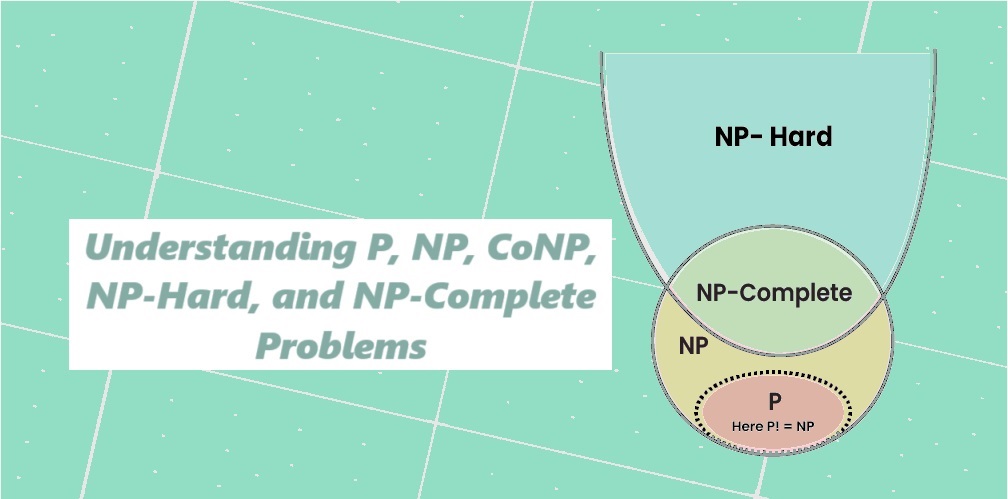When it comes to computer science and algorithmic complexity, you may have come across terms like P, NP, CoNP, NP-hard, and NP-complete. These terms are fundamental to understanding the complexity of problems and the efficiency of algorithms. In this article, we will explore what these terms mean and how they relate to each other.
P and NP
P and NP are classes of problems in computational complexity theory. P stands for “polynomial time” and refers to the set of problems that can be solved by a deterministic Turing machine in polynomial time. In other words, these problems have efficient algorithms that can find a solution in a reasonable amount of time.
On the other hand, NP stands for “nondeterministic polynomial time” and refers to the set of problems for which a solution can be verified in polynomial time. This means that if someone claims to have a solution to an NP problem, we can verify its correctness in polynomial time. However, finding the solution itself may not be efficient.
CoNP
CoNP is the complement of NP. It consists of problems for which a solution can be verified in polynomial time, but finding a solution is also possible in polynomial time. In other words, CoNP problems are the ones where we can efficiently find a solution if it exists, or efficiently prove that no solution exists.
NP-Hard
NP-hard problems are a class of problems that are at least as hard as the hardest problems in NP. In other words, if we can solve an NP-hard problem in polynomial time, we can solve all problems in NP in polynomial time. NP-hard problems do not necessarily have solutions that can be verified in polynomial time.
It’s important to note that NP-hardness is a measure of the difficulty of a problem, but it does not imply that the problem is in NP. NP-hard problems can be in P, NP, or even outside both classes.
NP-Complete
NP-complete problems are a subset of NP-hard problems that have an additional property. A problem is NP-complete if it is both NP-hard and every problem in NP can be reduced to it in polynomial time. This means that if we can solve an NP-complete problem in polynomial time, we can solve all problems in NP in polynomial time.
The concept of NP-completeness is significant because if we can prove that a problem is NP-complete, it implies that no efficient algorithm exists to solve it. In other words, if we can find a polynomial-time algorithm for an NP-complete problem, it would prove that P = NP, which is one of the most famous unsolved problems in computer science.
Conclusion
In summary, P represents problems that can be solved efficiently, NP represents problems that can be verified efficiently, CoNP represents problems that can be both solved and verified efficiently, NP-hard represents problems that are at least as hard as the hardest problems in NP, and NP-complete represents problems that are both NP-hard and have the property that every problem in NP can be reduced to them in polynomial time.
Understanding these concepts is crucial in the field of computer science, as it helps in analyzing the complexity of problems and designing efficient algorithms. While the P versus NP problem remains unsolved, researchers continue to make progress in understanding the boundaries of computational complexity.

